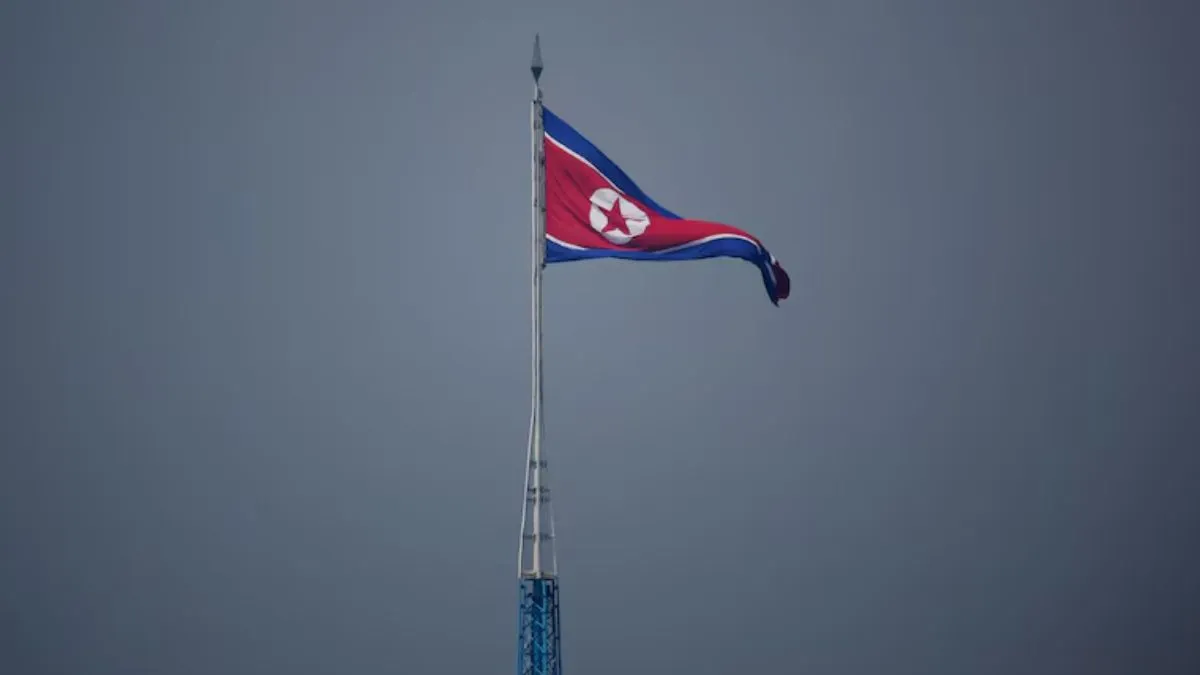- By Aashish Vashistha
- Thu, 19 Dec 2024 01:49 PM (IST)
- Source:JND
A South Korean lawmaker Lee Seong-kweun stated that at least 100 North Korean soldiers have been killed since they were deployed to support Russia’s war effort in Ukraine, starting in December. These North Korean troops were part of a larger contingent sent to help Russia, including in the Kursk border region, where Ukrainian forces made significant territorial gains earlier this year.
“In December, they (North Korean troops) engaged in actual combat, during which at least 100 fatalities occurred," Lee said following a briefing by South Korea’s spy agency. "The National Intelligence Service (NIS) also reported that the number of injured is expected to reach nearly 1,000," he further added.
ALSO READ: ChatGPT Now Available On WhatsApp: How To Use OpenAI’s AI Chatbot On Your Phone?
Lee mentioned that there were reports suggesting "several North Korean casualties, including high-ranking officials," had already resulted from Ukraine's missile and drone strikes, as well as training accidents.
He added that the National Intelligence Service (NIS) had pointed out that the high casualty rate might be due to the "unfamiliar battlefield conditions, with North Korean forces being used as expendable frontline units," along with their inability to effectively counter drone attacks.
North Korean troops have reportedly been deployed to support Russian forces, particularly in the Kursk region, where Russia is working to regain territory following a surprise Ukrainian offensive earlier this year.
This deployment follows the strengthening of military ties between Russia and North Korea. According to the National Intelligence Service, nearly 1,000 casualties are expected from the ongoing conflict. Despite these losses, North Korean leader Kim Jong Un is reportedly preparing to train a new special operations force.
South Korean lawmaker’s claim comes as Russian President Vladimir Putin is set to hold his annual end-of-year press conference today, nearly three years into his ongoing offensive in Ukraine.
The traditional press conferences, often lasting for hours, are largely televised spectacles. They also serve as a rare opportunity for Putin to be questioned directly, sometimes tackling uncomfortable topics.
This year, Putin will address the Russian public as the conflict in Ukraine intensifies, with both sides seeking to gain strategic leverage before US President-elect Donald Trump, who has called for negotiations to begin, takes office in January.

